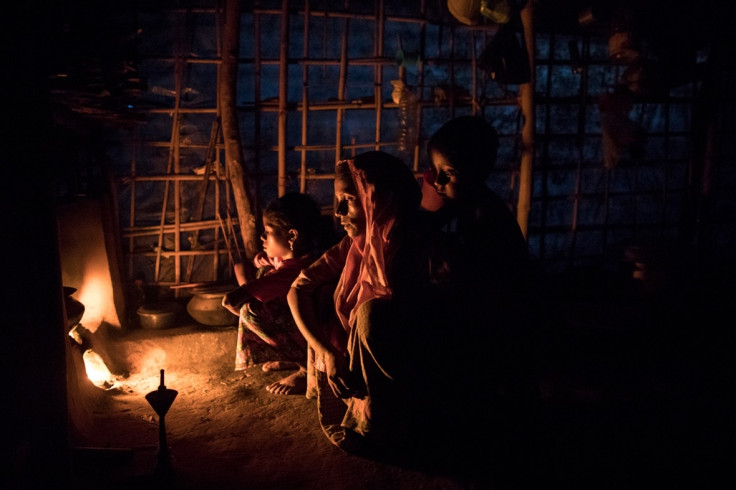India says some Rohingya Muslims from Myanmar pose 'serious threat' to national security
The Indian government tells the Supreme Court not to interfere in proposed Rohingya deportations.
The Indian government has said the Rohingya Muslims from the neighbouring Myanmar is a "serious threat" to the country's national security arguing that the undocumented refugees need to be deported. The government has told the country's highest court that the judiciary should not interfere in the issue as this is an "executive policy decision".
New Delhi is already planning to deport as many as 40,000 Rohingya Muslims who are residing illegally in the country. Discussions on how to handle the deportations had already begun with both Myanmar and Bangladesh in August.
Explaining its rationale behind the argument, the Indian government told the Supreme Court the ethnic Rohingyas are "indulging in anti-national activities" and have links to Islamist groups.
"Some of the Rohingyas with a militant background are also found to be very active in Jammu, Delhi, Hyderabad and Mewat, and have been identified as having a very serious and potential threat to the internal/ national security of India," the government said in its written submission.
"Many of the Rohingyas figure in the suspected sinister designs of ISI/ISIS [Islamic State] and other extremist groups who want to achieve their ulterior motives in India including that of flaring up communal and sectarian violence in sensitive areas of the country," the document added.
India's home ministry estimates there are about 40,000 Rohingya Muslims are living currently in India without necessary documents. The UN human rights agency has formally recognised about 14,000 Rohingya Muslims living in India as refugees. However, New Delhi does not recognise them as asylum-seekers. They are labelled as foreigners living in India without necessary documents.
"The right to reside and settle in the country is available only to citizens and not to illegal immigrants," said the Indian government as the Supreme Court is set to hear a petition against Rohingya deportations on 3 October.
The ethnic Rohingyas, who have been persecuted in a systematic manner for the past few years, are often dubbed as a stateless minority and are branded illegal immigrants in the Buddhist-majority country, Myanmar. Nearly 400,000 of them have fled Myanmar, formerly Burma, to Bangladesh since late August when the latest round of violence broke out.

© Copyright IBTimes 2025. All rights reserved.





















